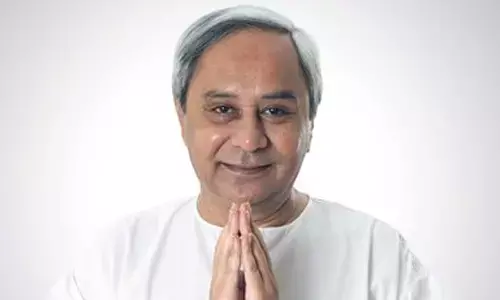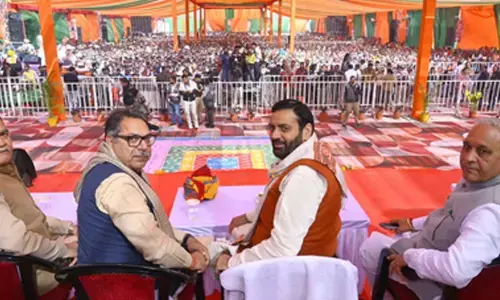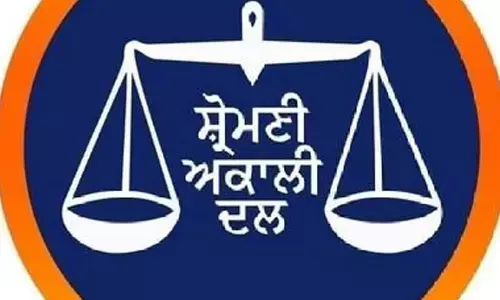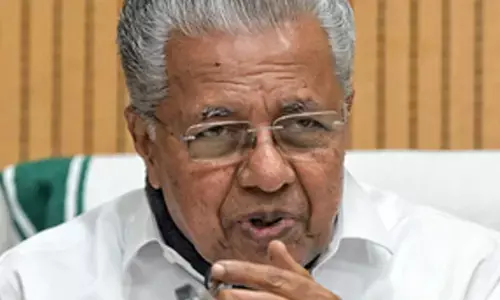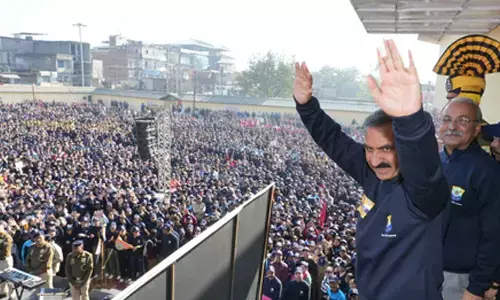Law can be counter intuitive to common thinking-Is your private vehicle a public place? The Law offers different answers
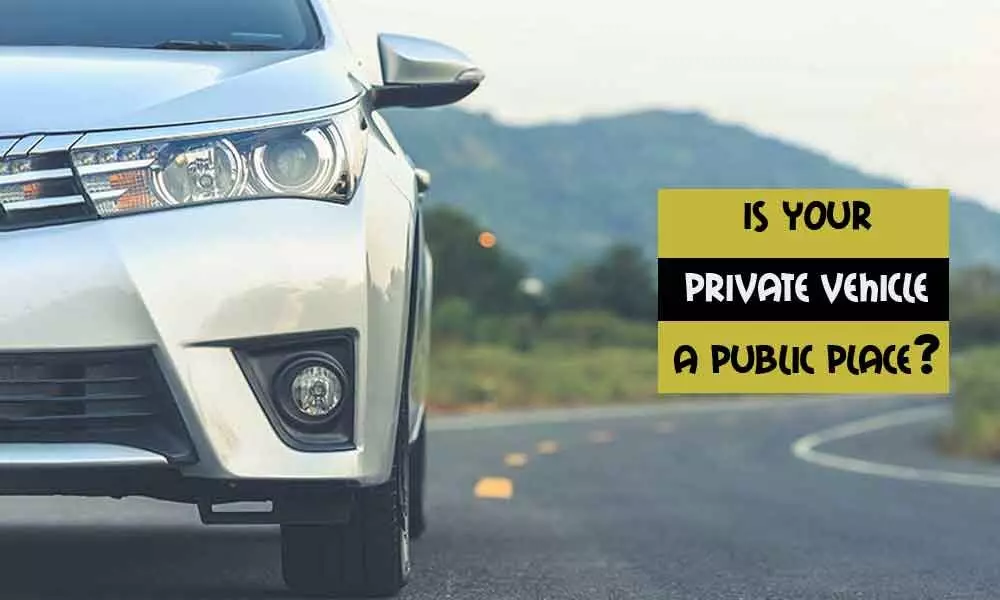
Law can be counter intuitive to common thinking-Is your private vehicle a public place? The Law offers different answers
The Law is not science, its shade continuously changes based on the context, it also differs from statute to statute
The Law is not science, its shade continuously changes based on the context, it also differs from statute to statute. Both expediency of the situation as well as background circumstances often it influences the application of law. Hence, one might find different answers, even though it may not be totally conflicting answers to the same questions.
Eventhough, in the beginning, we might feel these judgment looks conflicting, when you do a deeper analysis, you might be able to reconcile with these Judgments, accepting law function in an interesting manner.
Delhi High Court Facemask ruling
The case was between Saurabh Sharma and others V Sub Divisional Magistrate(East) and others, Delhi high court held that, wearing a mask is compulsory, even while the individual is driving the car alone in their personal car. A single bench of Justice Pratiba M Singh held, stating that, the private vehicle will be considered as public place due to the recent context of the Covid 19 Pandemic regulation. The court further added that, meaning of the term "public" changes from one context to another context" while referring the precedents.
The court stated that, there could be a possibility the droplets might be released from the individuals while driving alone in their car, thus there exist a possibility, they might infect others, who might enter their vehicles hours later. There are numerous possibilities in which, the individual while sitting alone in the car, one might be exposed to the outside world. Hence, it cannot be stated as an individual is traveling alone in the car, the car would not be considered as public place.
A vehicle, which is travelling across the city, even if it is occupied at a given point in time by one individual, it would be considered as public place due to the immediate risk of exposure to other individuals under different circumstances. Thus, vehicle even if it occupied by a single individual, it would be taken into account as a public place, hence one must wear the mask and it is compulsory.
While there were doubts regarding the rationale of mandate wearing facemask, if an individual is travelling solo in the car. It should be noted that, the high court was refusing to interfere with the regulations imposed under an Epidemic Disease Act and Disaster Management Act. The main intention behind the above practice was to make sure; risk of corona transmission is reduced. Even single percentage is reduced, let this happen.
Under NDPS Act, the private vehicle did not become a public place
On 16th April, the supreme court has held, private vehicle is not a public place, according to section 43 of Narcotic Drugs and Psychedelic substance Act in the case Boota Singh V State of Haryana.
Here, from the accused, the recovery was done, while they were in jeep at a public place. The high court held that, the case of the accused will be covered under the Section 43 of NDPS Act and not under the Section 42. The section 42 deals with search, seizures and arrest without warrant or authorization while section 43 deals with power of seizure and arrest in a public place.
The accused contended before the apex court as to, the vehicle in question is a private vehicle and it is not a public conveyance as it is not a public conveyance. Eventhough it was parked on a public road under the section 43 but it would be governed by the provisions of the section 42 NDPS Act. They were entitled to an acquittal, they contended, since the section 42 has not been compiled with at all.
For the above purposes of this section, the explanation to section 43 states, the expression public place does include any hotel shop or other places intended for use by, any public conveyance, or accessible to, the public.
The Supreme Court held, since the above explanation only referred to, "public conveyance" and not to a private vehicle, the jeep involved in this case was not a public place, commuting under the Section 43. Hence, the officers have to follow the procedure as per section 42 NDPS with respect to the recovery. The same has not been followed, hence the accused were acquitted.
The vehicle belongs to the accused Gurdeep Singh, the evidence in the above case clearly points, the vehicle is not public conveyance.The registration Certificate of the Vehicle, which has been placed on record, also, does not indicate to be public Transport Vehicle.
The explanation to the section 43 does reveal private vehicle would not come within the expression" public place as explained in Section 43 of the NDPS Act. A bench comprised, Justices UU Lalit and KM Joseph held.
Here, in the statutory provision, the conclusion of the court turned on the specific entry.
Consuming Alcohol in your private car may amount to drinking in public place
In the year, 2019 the Supreme Court held that, consuming liquor in a private vehicle in a public place would attract the offence under the Bihar Excise Act, which prohibits alcohol.
In this case, both Satvinder Singh Saluja v State of Bihar, the applicant were charge-sheeted under Section 53(a) of the Bihar Excise (Amendment) Act 2016 on the ground, they were found drunk inside the private vehicle.
For seeking the charge sheet as invalid, the appellant argued that Section 53(a) which punishes drinking in a public place is not applicable as private car is not a public place.
The SC rejected the 1st argument on the basis of the statutory definitions of "public place" under the Bihar Excise (Amendment) Act 2016 and Bihar Prohibition and Excise Act 2016.
According to section 2(17A) of the Bihar Excise (Amendment) Act means "any place to which "pubic have access, as to whether as a matter of right or not and it includes all places visited by General public and it also includes any open space.
As per the court, the key word in the definition consisted:"access". Any place as to which public is able to have access, whether it could be a matter of right or not, is considered as a public place.
It has been observed that the public may have access to a private vehicle on a road. The court made note, that, the "word has been defined in Black's Law Dictionary as A right, opportunity, it has the ability to enter, approach, pass to and from or they communicate with access to the courts.
When a private vehicle is passing through a pubic road, it cannot be accepted that public has no access. It is true that the public might not have private access as a matter of right, but definitely public opportunity to approach the private vehicle while it is on the public road. Hence, we are not able to accept the submission that the vehicle in which appellants are travelling is not covered by the definition of "public place "as defined in Section2 (17A) of the Bihar Excise (Amendment) Act 2016, stated by the Judgment authority by Justice Bhushan
The bench has added
"The omission of public conveyance in the definition of Section 2(17A) brought by the Bihar Excise (Amendment) Act, 2016 also indicates that the difference between public conveyance as well as private conveyance was done in the statutory amendment. We thus are unable to accept the submission of the learned counsel for the appellant that private conveyance would be excluded from the definition of "public Place" as contained in the Section 2(17A).
The top court taken this into account, the fact that the definition of "public place under section 2(53) of the Bihar Prohibition and Excise Act 2016 specially included means of transport, both public as well as private.
The Kerala High Court has also held that drinking inside a private car at a public place would amount to offence (Rajendran Pillai and others V state of Kerala). This is because after the 2010 amendment to the Kerala Abkari Act, the private vehicles parked in any public place would also be treated as a public place for the purpose of the section 15c of the Act, as to which prohibits drinking in public places.
All these examples reveal answers as to how the law can be counter intuitive to common thinking.









